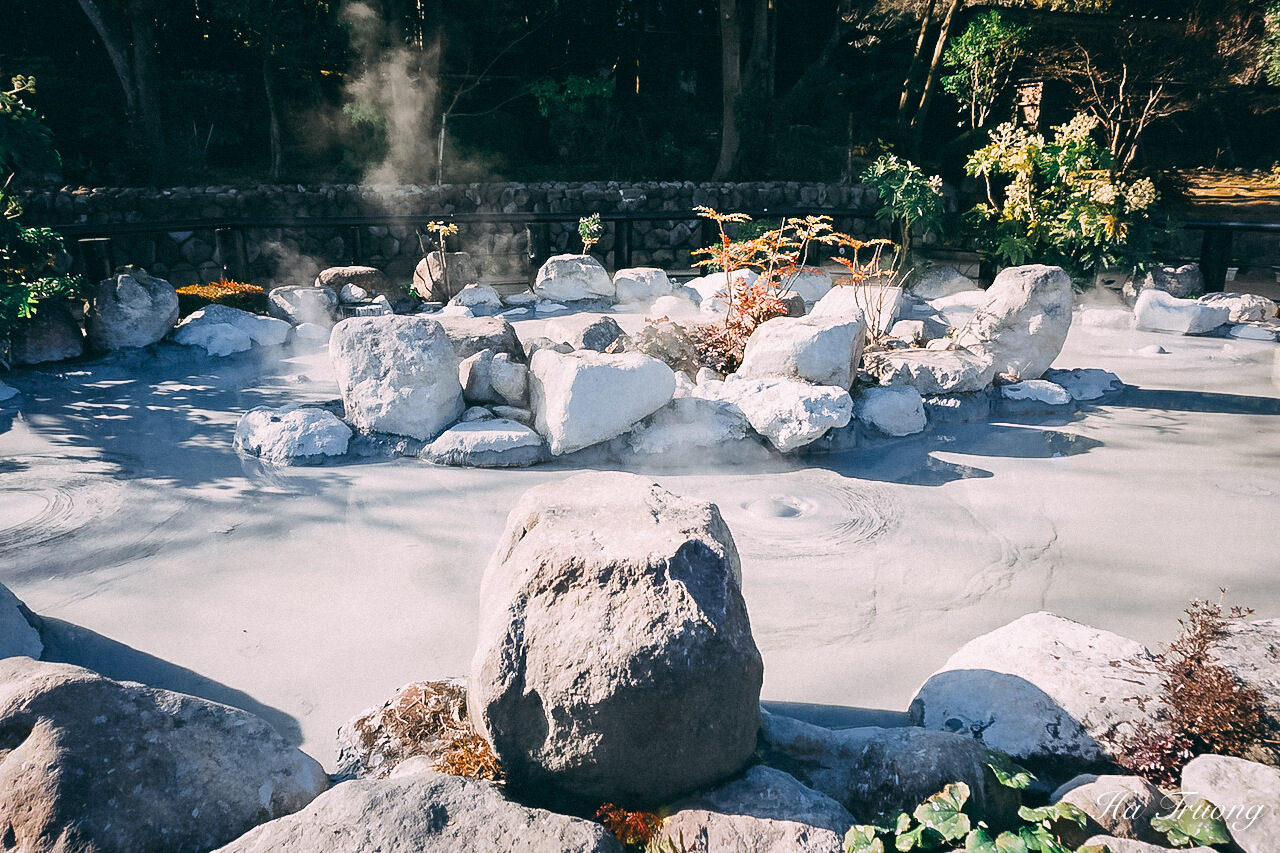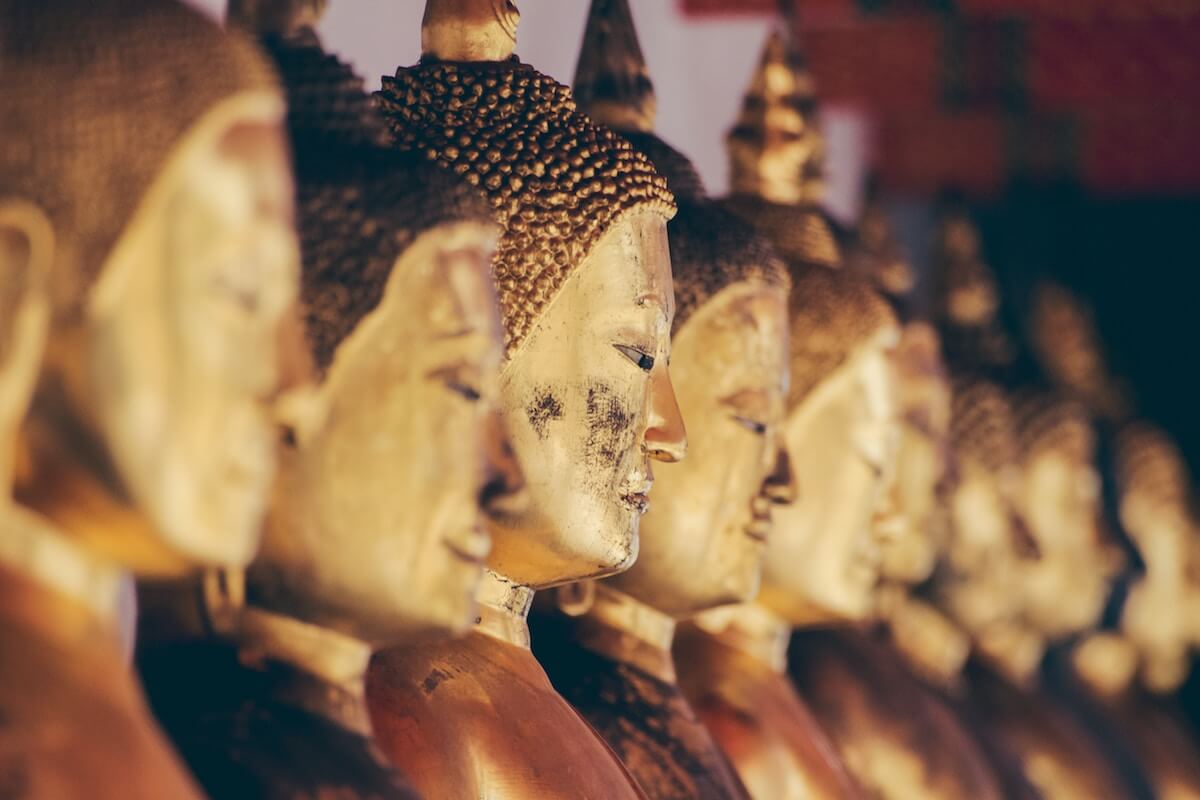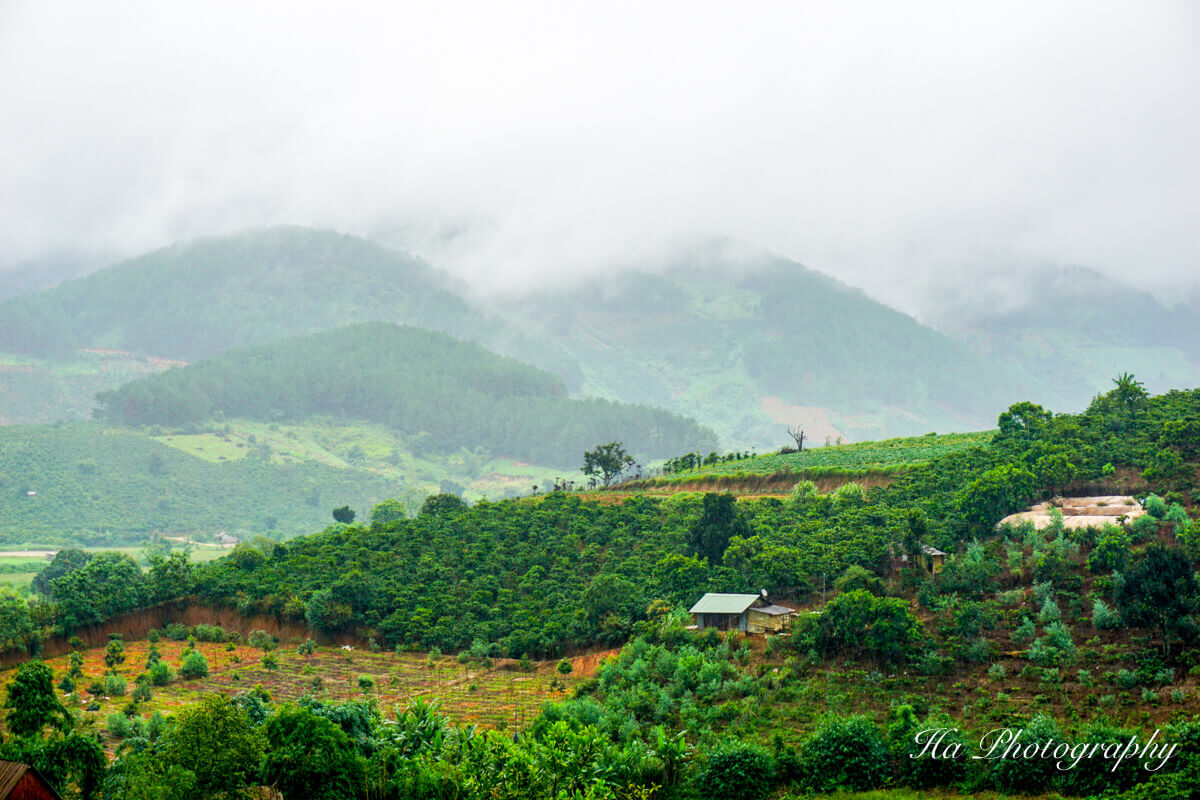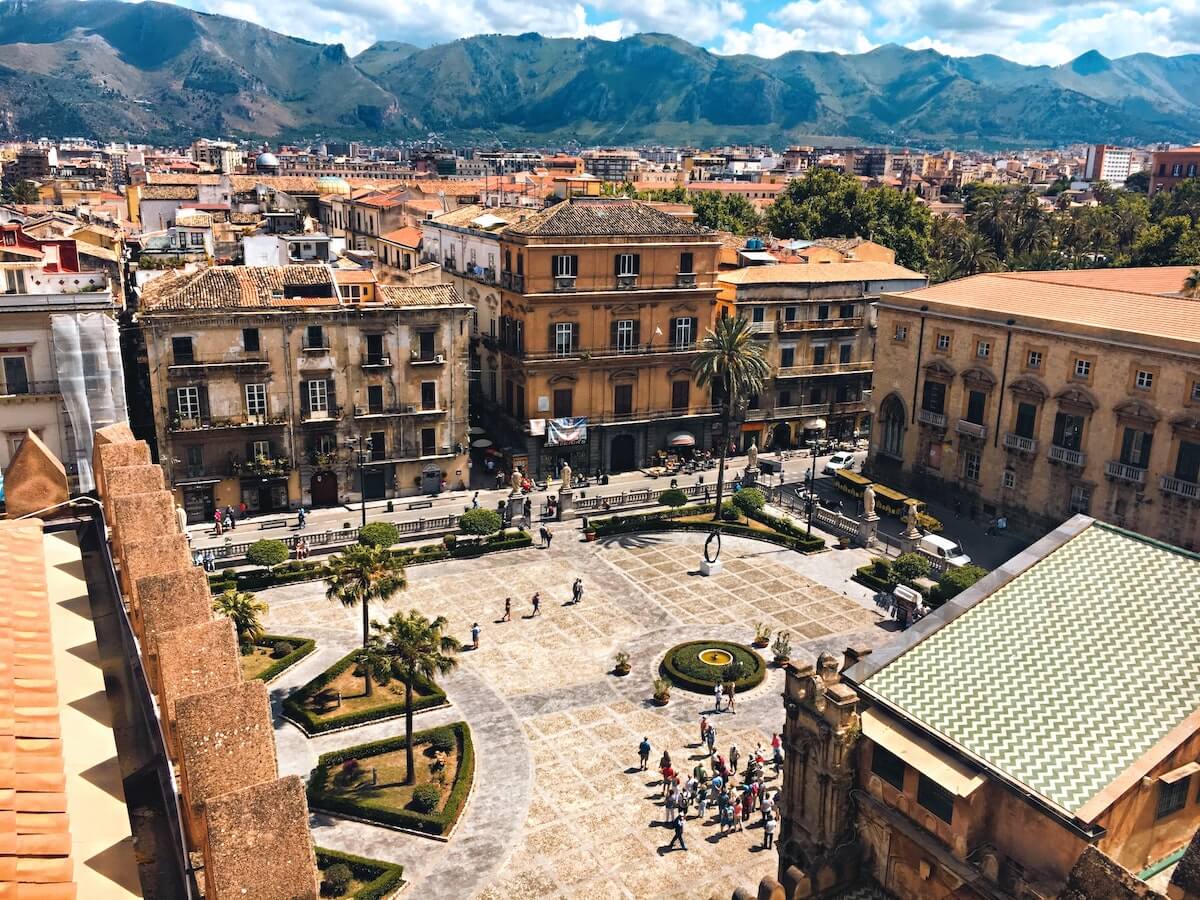Living In Vancouver, Canada: Expat Guide
Are you planning to move to Vancouver? What is it like to live in Canada?
In this Expat Interview, Karen shares her experience and practical tips for newcomers.
You’ll learn useful information to prepare for your new life in Vancouver, such as the cost of living in Vancouver, how to find apartments and jobs, and other practical tips.
What is it like to live in Vancouver, British Columbia, Canada?
Vancouver is a picturesque city that sits on the west coast of Canada with a backdrop of mountains. It is renowned for its multiculturalism, which shows in its various restaurants.
English is the most spoken language, followed by Mandarin.

While voted as one of the “most livable cities” in the world, it’s also one of the most expensive.
Vancouverites are very active and participate in biking, running, skiing, and snowboarding.
The city sits on the coast, giving access to the water for boating, cruising, paddle boarding, and swimming at one of its sandy beaches.

How to prepare for moving to Vancouver?
English is the spoken language, so it’s easy for most to transition to living in Vancouver.
You may not be eligible for health care when you first arrive, so have insurance or a backup plan.
Applicants wanting to live in Canada must speak and read either English or French. You will be accessed in your language during a personal interview.
You need to pass a complete physical to get a visa to move to Canada. The health check cannot be done by your doctor but must be booked through a doctor recommended by Canada House.
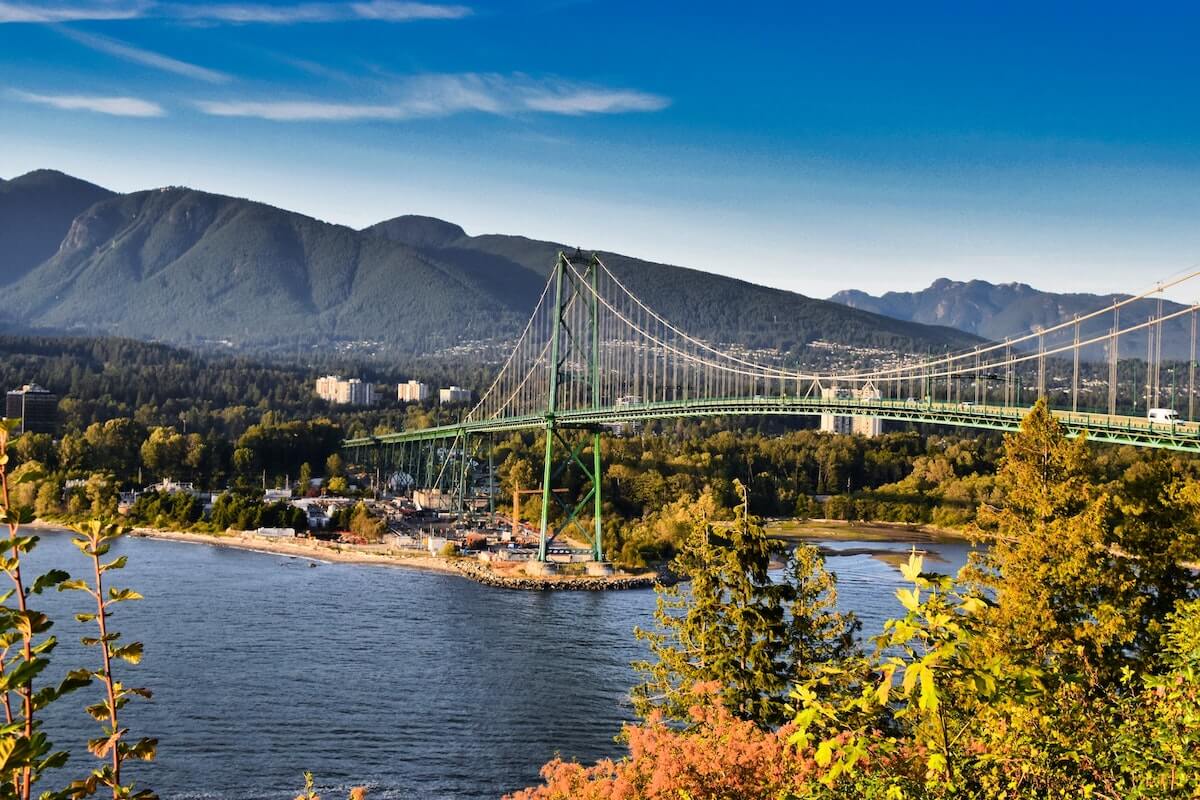
If you intend to drive, we drive on the right-hand side of the road. You can drive on your foreign driver’s license for 90 days. Then, you’ll need to pass a test to get a Canadian one.
Canada uses a 120V plug system. Your electronic devices won’t work here if you’re from a European or Asian country.
You’ll need a bank reference letter and a tenant reference letter to open a bank account and rent an apartment.
Tips
- Moving tips: Relocating abroad? Try Sirelo for free quotes from top international movers that fit your budget. Learn more here.
- Money transfer: I use Wise for my international transfers. Quick, secure, and their fees? Way lower than most banks I’ve tried!
- Expat insurance: Life abroad has its surprises; make sure you’re covered with expat insurance.
The cost of living in Vancouver
Living in Vancouver is expensive as rent can eat up most of your salary.
I’ve learned to live in less space and live a minimalistic life.
Initially, I used transit to save money. Although it’s more expensive to drive, I find it’s more convenient and saves me time.
I change my cellphone provider every September. During “back to school” sales, I find I can get the best deals.
Wait for Black Friday and Boxing Week sales to purchase big-ticketed items.
| Rental price (one-bedroom flat) | CAD 2,500, and most are small (550 to 600 sq. feet) |
| Electricity | CAD 40 in summer, but it can be triple in winter if it’s your heat source. |
| Gas | CAD 30 – 100 |
| Water | Inclusive |
| Internet | CAD 70 per month |
| Prepaid cell phone plan | CAD 40 – 100 per month |
| Transportation | Monthly transit passes cost up to CAD 175 depending on how many zones are traveled. |
| Groceries | CAD 400 – 500 per month |
| Average meal/ person | Meals can cost under CAD 15 if you’re cooking your own. |
| 1 beer | CAD 7 for domestic, more for an import |
| Gym membership | CAD 50 a month |
| Gasoline | CAD 1.55 to over CAD 2 a liter the last year (if you drive) |
| Total | CAD 3305+ |
What salary do you need to live in Vancouver?
To live modestly, you’d need a salary of CAD 50,000 to own a car and rent.
While that may seem high compared to other areas of Canada, you wouldn’t be able to save for a home since Vancouver has some of the highest prices.
Most homeowners have two full-time income earners to make ends meet.
An average condo costs CAD 800,000, and the average single-family detached house CAD 2 million.
Where to live in Vancouver? – The best areas to stay
Staying downtown may be the most convenient for work, but be prepared to pay the highest rent.
Renting in Burnaby (outside Vancouver) by a Skytrain station provides a break on rent, and you’ll have access to fast transportation.
Living in the suburbs (Surrey) can get you more square footage or an extra bedroom for less money.

How to find apartments in Vancouver?
You can find rentals through Craigslist, Facebook Marketplace, and newspapers. Craigslist is the best rental place, but availability is often scarce.
Be prepared to pay a one-month deposit and sign a lease for one year.
Some apartments charge an additional fee if you need parking, so ask if the rental includes a parking spot.
It’s difficult to rent if you have pets and/or children. Landlords may charge an additional pet fee if you have any animals.
Ask if utilities (gas and electricity) are included. An inclusive price can save you lots of money.
Since you won’t have anything when you first arrive, look for a fully furnished rental.

What is transportation in Vancouver like?
Vancouver has a decent transit system.
Skytrain or rapid transit provides a quick commute if you live close to a Skytrain station.
Alternatively, buses, the SeaBus, and the West Coast Express (train) provide transportation for those in other areas. Discount passes are available if you ride transit often.
Without a car, Evo, ZipCar, and Car2Go provide options for long-distance travel or traveling to areas difficult to get to on transit.

Weather in Vancouver
Vancouver experiences four seasons. This west coast city experiences milder winters than the rest of Canada.
Expect highs of 44F or 6C and lows of 34F or 1C in winter. Occasionally, I’ve experienced frigid temperatures to –6C in January and highs of 38C in July.
Vancouver sits at the bottom of a mountain range, so it rains a lot in spring and autumn. In winter, the city doesn’t usually get much snow.
However, skiers and snowboarders can participate in winter activities within an hour of the downtown area.

What are the good and bad things about living in Vancouver?
Like any metropolitan city, rush hour traffic can be crazy.
If you can drive with two or more, you’ll have access to the HOV or high occupancy vehicle lanes.
It rains a lot in Vancouver, and I dislike the rain and dampness. Fortunately, you can do many activities when it rains.
However, spring brings cherry blossom season, and there are many places to view them in Vancouver. The summers are lovely too; hot but not too humid.
With many bike paths, you can enjoy the city on two wheels instead of four. Stanley Park has a bike path that circumnavigates the whole park.

What are the best things to do in Vancouver?
In winter, the mountains receive snow, so you can snowboard, ski, snowshoe, or enjoy snow tubing without traveling too far.
In warmer weather, locals like to get outdoors. Biking, hiking, and walking are popular.
A local favorite, the Grouse Grind, tests your skills on a Stairmaster hike. The 2.5 km trail has an 800 m elevation gain and takes up to 2 hours.

Vancouver has many beaches for strolling, reading books, or enjoying a lazy day in the sun.
Kitsilano Beach and Jericho Beach provide lovely views of English Bay. Sunset Beach and English Bay Beach are great options for those living downtown.

The walking path around False Creek provides a lovely stroll with magnificent waterfront views.
You can also join the Gastown Food Tour to explore Vancouver in a delicious way. Or taking a day trip to Victoria from Vancouver is an excellent idea.
Since Vancouver is close to the United States, making a day trip to Seattle is possible.

Did you experience any difficulties when you first moved here? How did you deal with that?
Initially, I couldn’t get health care and had to purchase private medical insurance. It’s a good thing I did because I needed emergency surgery a couple of months after arriving in Vancouver.
Is it easy to make new friends in Vancouver? Where to meet new people in Vancouver?
I came to Canada as a nanny and met other nannies through the agency. After I met a few people, it was easy to meet their friends too.
Joining clubs and hobby groups or volunteering at community centers allows you to meet people too. Volunteering is a good way to connect with your neighbors.
Where are your favorite cafes in Vancouver?
I’m a tea drinker, not a coffee lover. I love Tim Horton’s tea and hear their coffee is better than Starbucks.
There are many Tim Hortons outlets with drive-thrus, so I can get one when I’m on the run. They also provide complimentary WiFi if you don’t have internet access.

Where are your favorite restaurants and bars in Vancouver?
I don’t drink, but eating out in Vancouver is a foodie paradise.
There are so many good choices, like Nuba (Lebanese), Black + Blue (Steakhouse), and the Sandbar Seafood Restaurant on Granville Island.

For a whimsical treat, the Neverland afternoon tea tops many tea shops in England.
From April to October, you can enjoy North America’s largest night market in Vancouver. The “Richmond Night Market” offers culinary delights from around the globe.
Tips for finding a job in Vancouver.
Jobs are advertised on Indeed, Work Bank, Monster, Work BC, and Workopolis.
You can also attend work fairs or apply through company websites in the field you are seeking.
Networking on LinkedIn could also land you a job.
Practical information for living in Vancouver, Canada
The emergency number across Canada is 911.
Finding a doctor accepting new patients is tough, but walk-in clinics are available.
Bell, Rogers, and Telus are the major providers for getting a cellphone plan. If you intend to live in the suburbs, ensure your provider has good coverage there.
The major grocery stores are Walmart, the Canadian Super Store, Save-on-Foods, and Safeway. Many provide shopping online with either pick-up or delivery.
Granville Island provides a great venue to purchase fresh seafood, fruit, and vegetables. It has excellent bakeries, butchers, and delis.
If you want fast food options, Skip the Dishes, Uber Eats, and DoorDash service the Vancouver area.
What have you learned from living abroad?
I’ve learned to embrace the cultures of other people. While English is the spoken language, over 750,000 Vancouver residents speak a different language.
I’ve learned that what looks close on a map may not actually be that close. I came from England, where everything was easy to reach by car. Canada’s a big country, and British Columbia’s province is four times Britain’s size.
Vancouver is surrounded by rugged wilderness. It’s not unusual to find black bears in your neighborhood. There are strict rules about when you can put garbage out to discourage the bears and raccoons.
Do you have any other tips?
If English is your second language, the library provides an ESL program to improve your language skills. Lots of schools and colleges offer ESL courses too.
Dental work is often not covered under the medical services plan. So, you either have to pay for dental work or purchase a plan to cover the expenses.
About Karen
Karen is a traveler and cruiser at ForeverKaren. Born in Singapore to a British Military family, she grew up traveling the world and moving to a different country every one to two years.

Living in Vancouver, BC, she enjoys cruising with her husband Brian, exploring the oceans and faraway lands.
You can follow her travels on Facebook and Instagram.
The opinions expressed here by Expatolife columnists are their own, not those of Expatolife.


